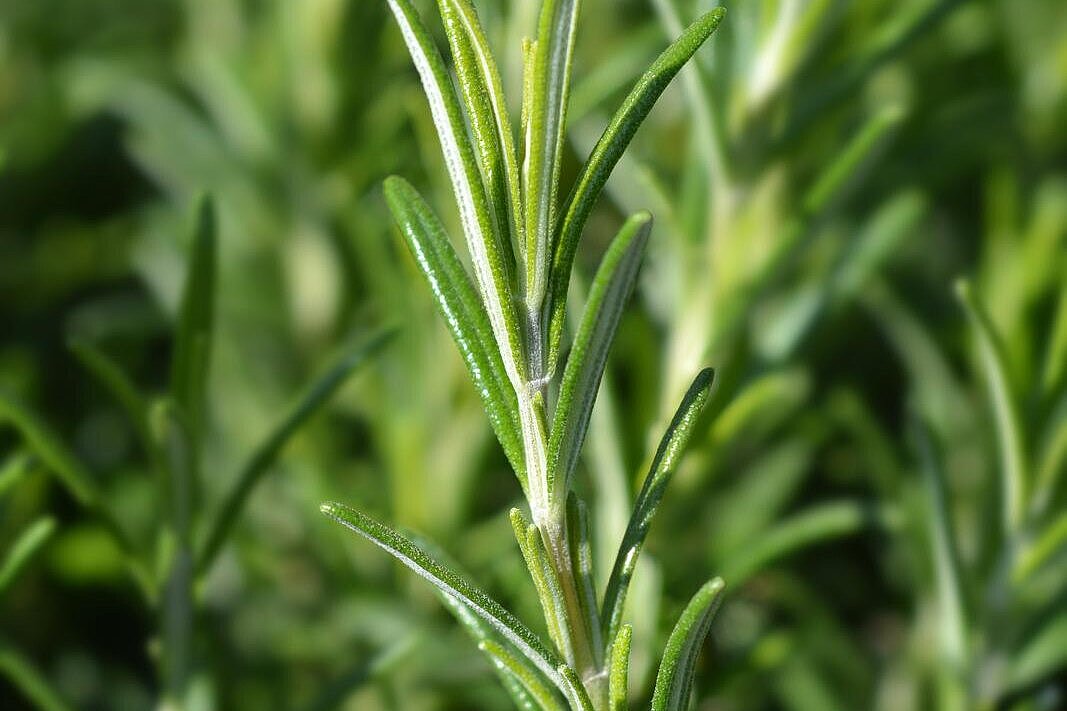Garlic extract

Garlic extract, derived from the fragrant bulb widely used in human cuisine, holds a paradox in the world of pet nutrition. Once hailed as a natural miracle cure for a range of ailments, the substance has an equally passionate opposition due to its potential toxicity to dogs. This article explores the dilemma surrounding garlic extract, its potential benefits and dangers for our four-legged companions.
What is garlic extract?
Garlic extract is made from the garlic plant(Allium sativum) by concentrating the active ingredients. This concentrate contains allicin, a sulphur-containing molecule that is responsible for most of the health benefits of garlic, but also for its toxic properties in dogs. The use of garlic extract in animal nutrition is controversial and should be used with caution and under veterinary supervision.
Potential benefits of garlic extract for dogs
Natural defense against parasites
Some studies and anecdotal reports suggest that garlic extract can act as a natural repellent against parasites such as fleas, ticks and even some internal parasites. The sulphur compounds contained in garlic are said to repel parasites without the use of chemicals.
Supporting the immune system
Garlic extract is said to have a strengthening effect on the immune system. The antioxidant properties of allicin can help to fight free radicals and thus support the dog's general health and well-being.
Promoting heart health
There is evidence that garlic extract can help lower blood pressure and improve cardiovascular health. However, these effects have mainly been documented in humans and their applicability to dogs requires further research.
Risks and disadvantages
Toxicity
The biggest concern with the use of garlic extract in dogs is its potential toxicity. Garlic and other bulbous plants can cause Heinz body anemia in dogs, a condition that damages red blood cells and leads to anemia. The severity of toxicity depends on the amount of garlic ingested and the individual sensitivity of the dog.
Gastrointestinal complaints
Ingestion of garlic extract may cause gastrointestinal upset in some dogs, including nausea, vomiting and diarrhea. These side effects can occur particularly with excessive doses.
Interactions with medications
Garlic extract may interact with certain medications and affect their effectiveness. It is important to consult with a veterinarian before introducing garlic extract into a dog's diet, especially if the dog is already receiving medication.
A sharp sword with two blades
Garlic extract is a double-edged sword in dog nutrition. On one side are the potential health benefits, such as natural parasite defense and immune system support. On the other hand, there is the risk of toxicity, which can pose a serious threat to a dog's health. The decision to use garlic extract should not be taken lightly and requires careful consideration of the pros and cons and close consultation with a veterinarian. In any case, it is crucial to closely monitor the dosage and pay attention to the dog's individual reaction to ensure the well-being of our faithful companion.
If you notice any signs of hypersensitivity or poisoning in your dog, you should see your vet immediately. We are not a substitute for a vet, but we try to be as accurate as possible. Every dog reacts differently and we recommend you get a second opinion or consult your vet if in doubt.
Stay healthy and take good care of your four-legged friend!😊
Similar to Garlic extract
Onion extract is obtained from onions by extracting the juices and active ingredients they contain. This process can result in certain properties of the onion being concentrated, which can have both...
Ginger extract is obtained from the root of the ginger plant (Zingiber officinale) and concentrates the bioactive compounds of ginger in liquid or powdered form. This method enables a targeted...
Turmeric extract is obtained from the root of the turmeric plant (Curcuma longa), which is native to South Asia. The extract is rich in curcuminoids, with curcumin being the most active and most...
Rosemary extract is a herbal product obtained from the leaves and twigs of rosemary. Rosemary belongs to the labiate family and is closely related to other herbs such as sage, thyme and lavender....



